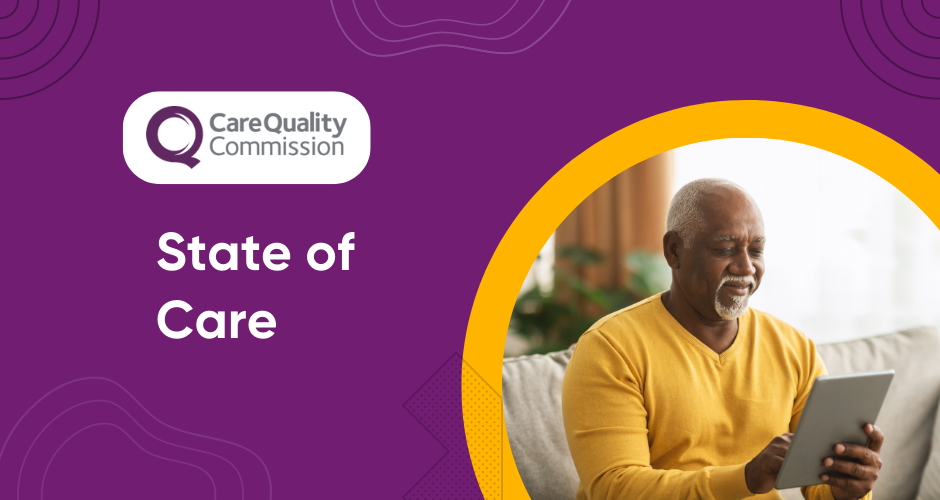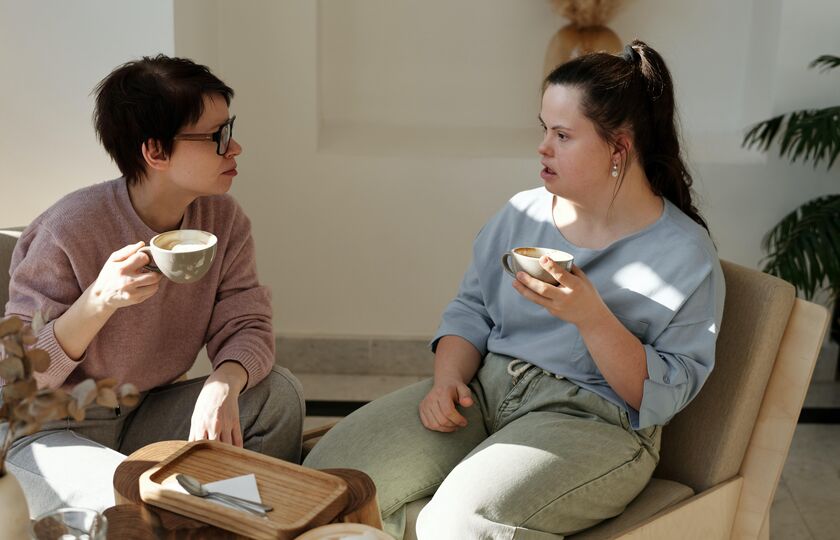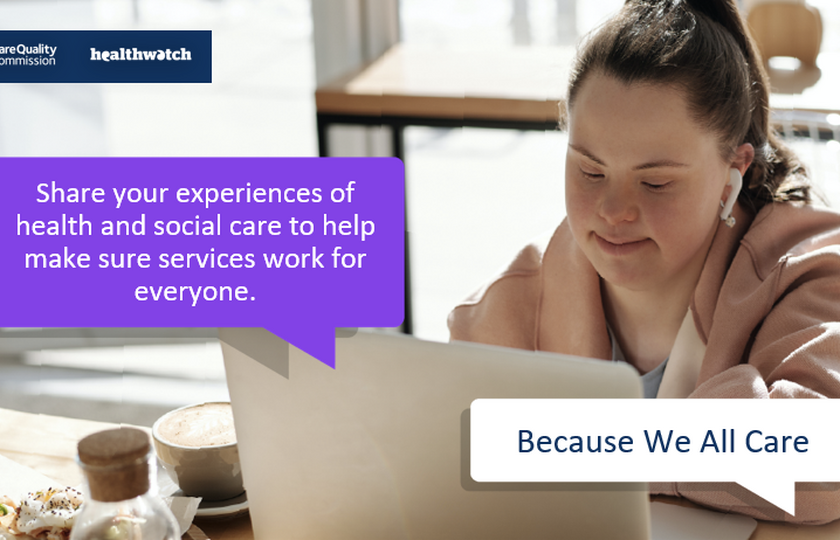Maternity services: need improvement. CQC found that action to ensure all women have access to safe, effective and truly personalised maternity care has not been sufficiently prioritised.
In addition, women from ethnic minority groups continue to be at higher risk of dying in pregnancy and childbirth than White women.
CQC has responded to these findings by focusing its inspection programme on supporting improvements in maternity care at both a local and national level.
Care for people with a learning disability and autistic people: despite multiple reviews and reports over decades, people with a learning disability and autistic people continue to face huge inequalities in terms of accessing and receiving health and social care.
CQC's 2021 report Home for Good illustrated that bespoke homes in the community, that are tailored to meet people’s individual needs, can transform people’s lives.
And the Supported Living Improvement Coalition means that people with lived experience, their relatives and representatives can tell their stories to a range of organisations to embed the improvements that are needed.
Mental health services: are struggling to meet needs of children and young people.
Services are struggled to meet demand, increasing the risk of children and young people’s symptoms worsening and reaching crisis point, and being cared for in unsuitable environments.
In response to concerns around increasing demand, NHS England announced in July 2022 that 4,500 more NHS staff are working in children’s mental health services.
Deprivation of Liberty Safeguards: ongoing problems with the Deprivation of Liberty Safeguards process mean that some people are at risk of being unlawfully deprived of their liberty without the appropriate legal framework to protect them or their human rights.
Workforce: in the first three months of 2022, 2.2 million hours of homecare could not be delivered because of insufficient workforce capacity, leading to unmet and under-met needs.
More than 9 in 10 NHS leaders have warned of a social care workforce crisis in their area, which they expect to get worse this winter.
CQC concludes that more needs to be done to maintain and develop the workforce, especially in adult social care, and that system-wide workforce planning must be a priority.






